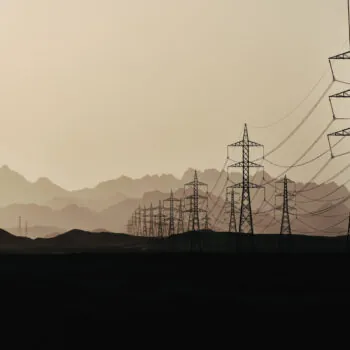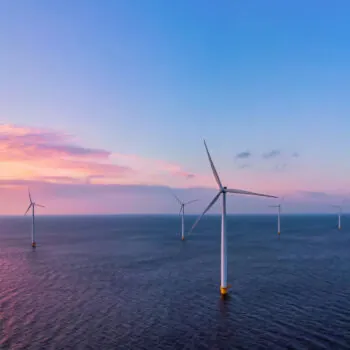On Monday (18 December), the 28 European energy ministers will risk making the transition to a low carbon economy harder for themselves and more expensive for all of us, because of their self-sabotaging tendencies.
That is when they are meeting to try and agree a common position on most of the Clean Energy for All Europeans package, a once in a decade set of reforms that will underpin the transformation of the European energy system post 2020.
In addition to new objectives on renewables and energy efficiency and a framework to deliver on these effectively (the ‘governance regulation”), it includes a set of rules to make electricity markets more open, competitive, and ready for increasing levels of renewables and consumer participation (‘electricity market design’).
Negotiations on these electricity market design rules have been hard, and it shows. The texts ministers will try to agree on Monday are sometimes incoherent, often impenetrable, a sign of the irreconcilable priorities and unwillingness of the negotiating parties.
But one thing is clear: none of the vision for a competitive, consumer-focused, decarbonised future showcased just a few days ago at the One Planet Summit has been translated across to these negotiations.
EU governments are including not-so-subtle provisions to protect their incumbents from competition arising from new energy market players – new business models, consumers, or renewables.
For instance, governments are about to agree to limit the ability of new business models (called ‘independent aggregators’) to enter the market by giving the option to existing suppliers to stop them from approaching their consumers.
They are also making it difficult for consumers to invest in renewables or to provide flexibility by adapting the timing of their energy consumption, which would eventually challenge more traditional forms of flexibility like gas-fired plants.
Several governments are also fighting tooth and nail against any potential checks and balances around the development of ‘capacity mechanisms’, national subsidy schemes that have a poor track record in terms of extending the lifetime of coal plants, incentivising new diesel or gas plants, while limiting efficiency improvements and hindering cross-border exchanges.
Just to name a few, the UK, France and Italy are refusing a move to a more coherent regional and European approach to assessing the need for such schemes. Germany is carving out exemptions for its favoured form of capacity mechanism (“strategic reserves”) at all costs.
Many governments committed to move beyond coal, including the Netherlands, Italy, the UK, are sitting idle while a handful of countries are defining rules allowing the use of public money for old coal plants to stay open longer, or even extend their lifetimes, and supporting the building of new plants before 2025.
EU governments may be genuinely committed to building a clean low-carbon economy and to protect their citizens from the increasingly severe impacts of climate change, but these negotiations are evidence that they are simply unwilling to make the right choices to get there. EU governments stand at a crossroad, and they are choosing coal over renewables; incumbent players over consumers; national control over efficiency.
Luckily for all of us – European citizens and businesses – the European Parliament has emerged as an effective promoter of a faster energy transformation, and one can only hope they will be able to put the EU on the right track and ensure the Clean Energy package is worthy of its name during the final trilateral negotiations in 2018.


